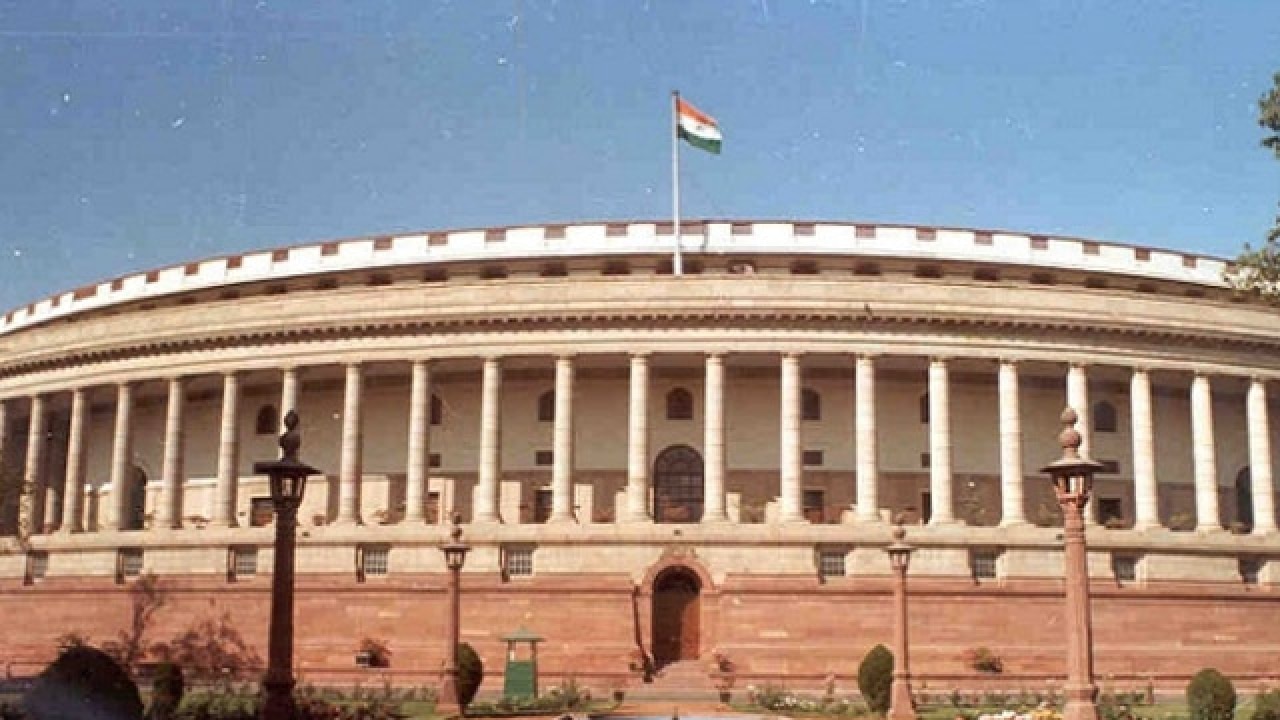
Series of disruptions in Indian Parliament and in state assemblies over the last few years have raised serious concerns over the democratic set-up in India. Regular adjournment of sessions has hindered legislations and other productive work. With every such instance of stalling democratic proceedings, the taxpayer’s hard-earned money goes down the drain.
India borrowed its parliamentary structure from the UK but it did not adopt a valuable part of it — the Shadow Cabinet system. This system could be an effective solution to the persistent problem of our not-so-mature democracy. The Shadow Cabinet (also called the Shadow Front Bench) is integral to the Westminster System. It is composed of a senior group of opposition leaders where each member shadows or marks a minister of the ruling cabinet. The shadow cabinet is led by the Leader of the Opposition (or the leader of other smaller opposition parties) and represents an alternative cabinet to the ruling one.
The shadow minister for defence, for instance, would track the policies and issues related to the defence ministry. S/he would be the official spokesperson for the opposition over defence issues. Similarly, all major ministries can be tracked more effectively.
It is mainly the shadow cabinet’s responsibility to criticise the government and its policies. It also decides whether amendments to the legislation are needed. This helps in having serious debates in Parliament with shadow ministers taking on the real ministers and effectively holding them accountable for their actions and policies. The shadow ministers are elected through ballot in the British Labour Party and the Australian Labor Party, with the Leader of the Opposition allocating the portfolios. In other parties, they are nominated by the Leader of the Opposition.
Putting a face from the Opposition on each of the ministries also demonstrates the opposition parties’ commitment to the people. Members of a shadow cabinet are often, but not always, appointed minister when their party comes to power. In absence of the shadow cabinet, attention of the opposition often gets diverted from main issues. Hence, the very purpose of having an opposition is lost. Uttara Sahastrabuddhe, professor at Mumbai University, says, “Having assigned roles would ensure that issues are followed up by the opposition leaders with more commitment. Thus the propaganda of the government can effectively be countered.” The skills of the opposition leaders would also continue to evolve when they would focus on specific ministries. This would help when their party comes to power as they would be effective in their roles as ministers in the government.
Congress leader Milind Deora seconds the proposition. “As a main opposition party, the Congress can adopt the system, unofficially. We already have shadow twitter handles to track each ministry.” He points out that the countries which follow the Westminster system have two or three party system while coalition governments are common in India. “Still, this doesn’t limit the prospects of a shadow cabinet here,” says Deora, adding that the system would ultimately help our democracy and the country to evolve gradually.
The media, which often ends up portraying the government’s version, would then present opposite views as well, says a political scientist, who believes that “the shadow cabinet might eventually lead to a two-party system in India.”
The writer is principal correspondent at dna; @kanchanSays